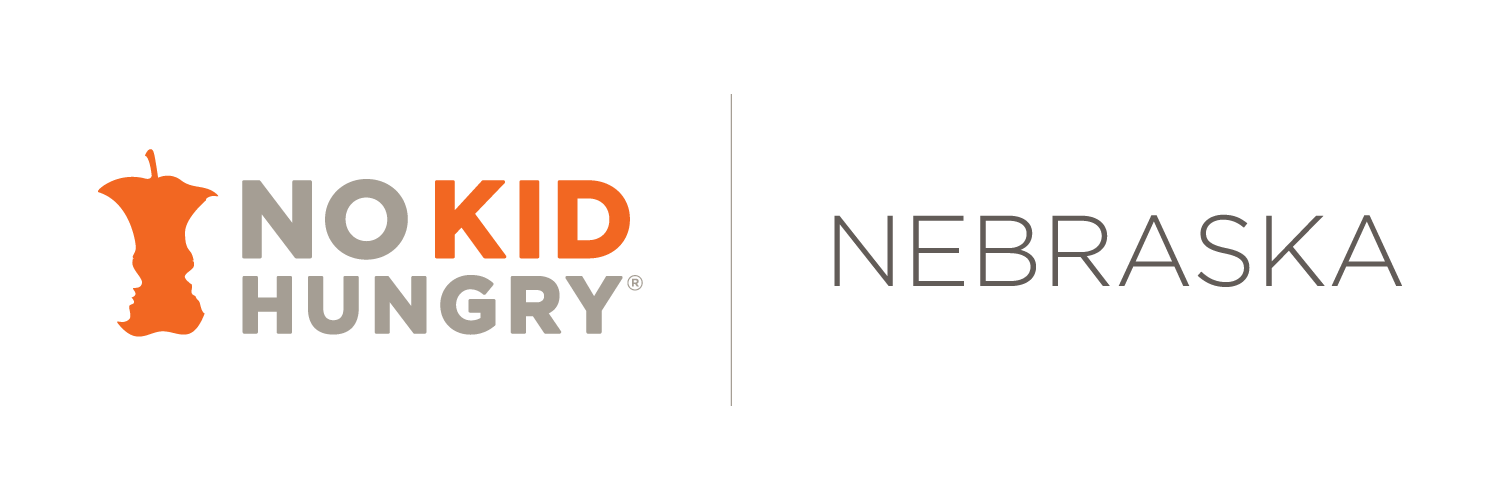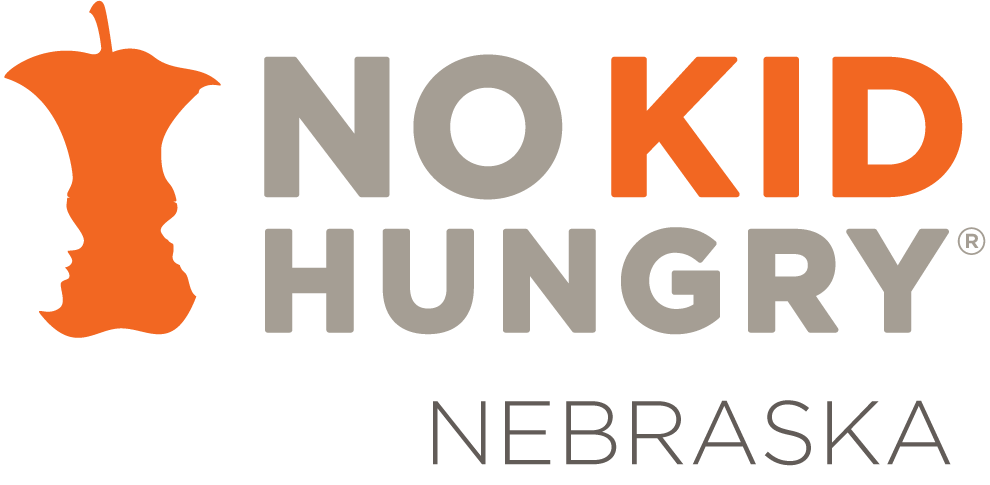Tips for Staffing Summer Meals Programs
No Kid Hungry gathered advice from summer nutrition heroes who have found innovative ways to ensure that their programs stay afloat in the summertime with passionate and dedicated staff.
Benefits of Hiring Student Workers in Summer Non-Congregate Programs
Summer non-congregate meal programs have proven essential in providing students with meals while school is out. Based on reports from No Kid Hungry grantees, employing students is beneficial to summer non-congregate programs. The impacts of hiring student workers may include reduced stigma, improved outreach, expanded capacity, relationship building, and student growth. Download this resource to learn more about the benefits hiring local high school and college student workers.
The Summer Meals Student Workforce Toolkit
This toolkit serves as a comprehensive guide for recruiting, training, and managing student workers in summer meals programs. It is designed to guide schools and community organizations on incorporating student employees into their meals programs. Specifically, high school and college students can provide tremendous value to schools and anti-hunger organizations in various ways, including capacity, relationships, and perspective. This toolkit offers organizations guidance, resources and a framework for hiring and supporting youth employees in summer meals programs.
Maximizing Resources: Financial Strategies and Staffing Solutions For Non-Congregate Summer Meals
Watch this insightful webinar tailored to financial management and staffing considerations in non-congregate summer meals programs. Delve into effective strategies for optimizing budgets, leveraging community partnerships, and staffing solutions to ensure seamless operations and maximum impact in feeding children during the summer months. Learn from experts in the field and gain practical insights to enhance the efficiency and sustainability of your program, empowering you to make a lasting difference in combating childhood hunger.


